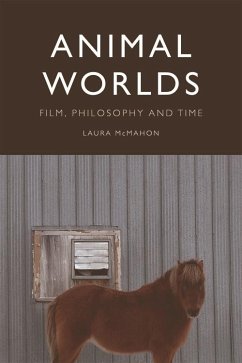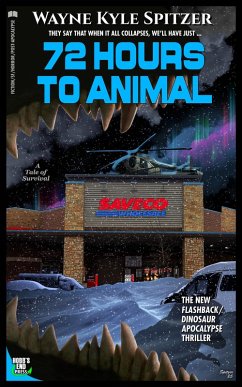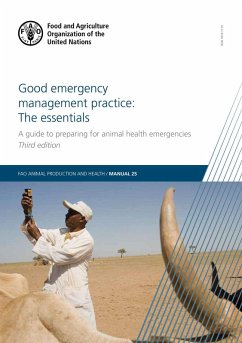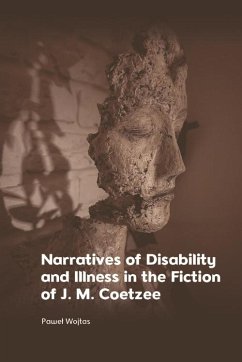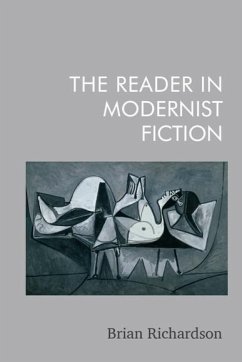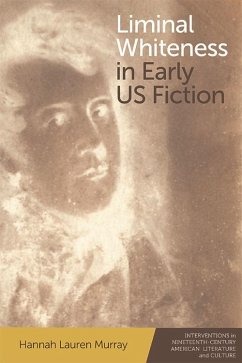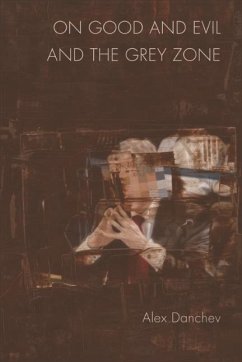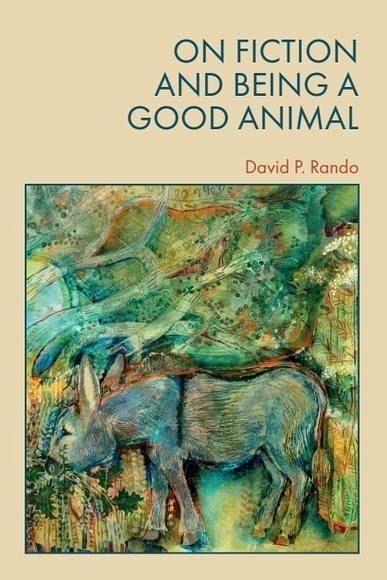
On Fiction and Being a Good Animal (eBook, ePUB)
Versandkostenfrei!
Sofort per Download lieferbar
57,95 €
inkl. MwSt.
Weitere Ausgaben:

PAYBACK Punkte
29 °P sammeln!
Instead of making readers into better people, what if fiction could help us to become better animals? On Fiction and Being a Good Animal argues that we should abandon the persistent humanist idea that fiction can produce better people. Instead, we should read and value fiction according to its ability to help us to envision being better animals. Inspired by Theodor W. Adorno, David Rando defines a good animal as one who does not live a life of domination. He argues that when readers approach fiction's wishful images with non-anthropocentric expectations, we are rewarded by anthropocosmic visio...
Instead of making readers into better people, what if fiction could help us to become better animals? On Fiction and Being a Good Animal argues that we should abandon the persistent humanist idea that fiction can produce better people. Instead, we should read and value fiction according to its ability to help us to envision being better animals. Inspired by Theodor W. Adorno, David Rando defines a good animal as one who does not live a life of domination. He argues that when readers approach fiction's wishful images with non-anthropocentric expectations, we are rewarded by anthropocosmic visions of the world - ones in which humans are in and with the world but no longer at the centre of it. In compelling readings of Agustina Bazterrica, T. C. Boyle, Leonora Carrington, Marian Engel, Karen Joy Fowler, Franz Kafka, Doris Lessing, Clarice Lispector, Kenzaburo Oe, Olga Tokarczuk, and Jesmyn Ward, the book explores wishful images that pertain to the nonhuman and more-than-human worlds. Readers will discover in this fiction wishful images relating to irreconcilable minds and experiences, human-nonhuman family relationships, love and risk across race and species, and shared vulnerability, communion and pleasure.
Dieser Download kann aus rechtlichen Gründen nur mit Rechnungsadresse in A, B, BG, CY, CZ, D, DK, EW, E, FIN, F, GR, HR, H, IRL, I, LT, L, LR, M, NL, PL, P, R, S, SLO, SK ausgeliefert werden.




